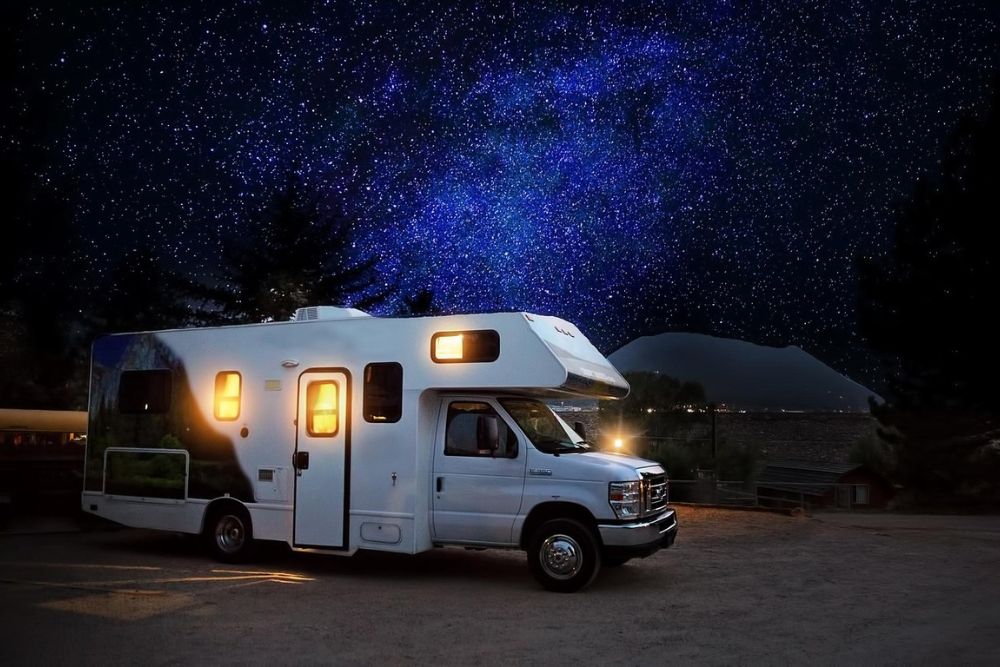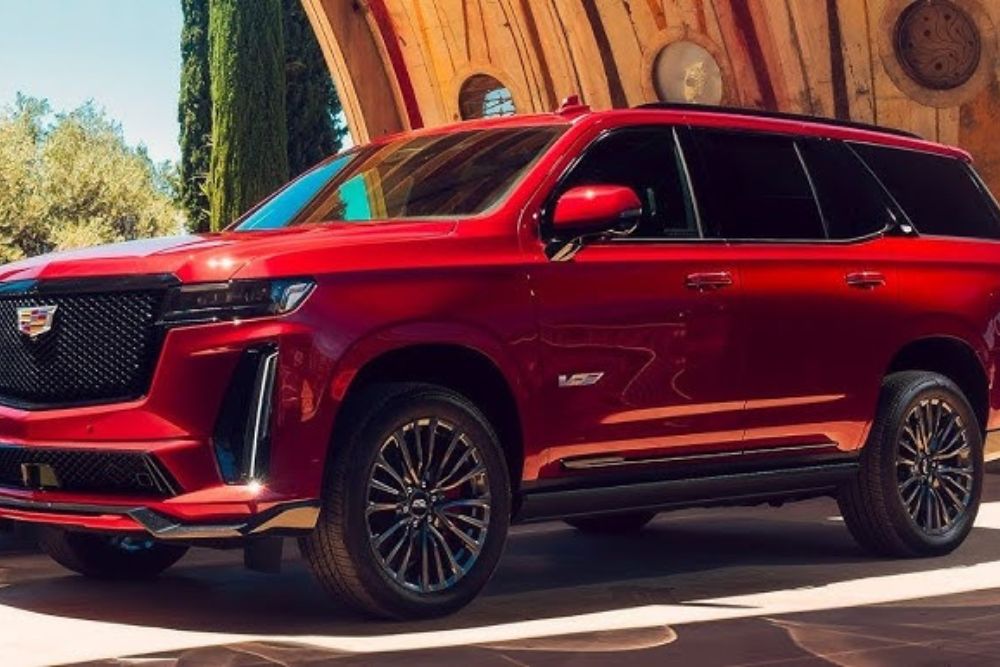Smart Guide to Buying an Affordable Used RV Without Getting Scammed
Addison Lane
2025-10-24
6 min read

Owning an RV opens up a world of adventure, but buying one brand new can be expensive. Fortunately, used RVs offer a more budget-friendly option. Finding a good deal takes patience, research, and a little know-how. Whether browsing online marketplaces or checking out local dealerships, there are several ways to score an affordable used RV while avoiding scams. Understanding key factors such as RV depreciation, mileage, and ownership history is critical during the buying process.
Best Places to Find a Used RV
There are many ways to shop for a used RV, each with its own advantages.
- Online Marketplaces – Websites like RV Trader, Craigslist, eBay Motors, and Facebook Marketplace have a wide selection of used RVs. These platforms allow buyers to search by price, location, and features. Always use advanced filters to find the best value RV listings and avoid fraudulent posts.
- Dealerships – Many RV dealerships sell pre-owned models, often inspected and serviced before resale. While prices may be slightly higher, buying from a dealer can provide peace of mind through certified pre-owned options and limited warranties.
- RV Shows and Auctions – Some RV shows feature used models at discounted prices. Auctions, including government surplus auctions and online RV auctions like GovDeals, can also be a great place to find deals on motorhomes, travel trailers, and fifth wheels.
- Classified Ads and Local Listings – Checking local newspapers, community bulletin boards, or even word-of-mouth can lead to hidden gems at lower prices. Smaller communities may offer RVs that have seen less wear and tear.
- RV Parks and Campgrounds – Sometimes, long-term campers sell their RVs directly from campgrounds. A simple inquiry at an RV park could reveal a great deal, especially for used camper vans or Class C motorhomes.
How to Make Sure Online Sellers Are Legit
With so many online listings, it’s important to watch out for scams. Here are a few ways to verify a seller’s legitimacy:
- Request Detailed Information – A genuine seller should provide a full description, including maintenance records, VIN (Vehicle Identification Number), inspection history, and multiple interior and exterior photos of the RV.
- Beware of Too-Good-To-Be-True Deals – If a price seems unrealistically low, there’s a chance it’s a scam. Comparing prices for similar models and checking RV blue book values can help determine fair market value.
- Check the VIN – Running the VIN through a service like the National Insurance Crime Bureau (NICB), Carfax, or RVchecks.com can reveal accident history, previous owners, title status (salvage, rebuilt), and odometer discrepancies.
- Speak to the Seller Directly – A phone call or video chat can confirm the legitimacy of the seller and provide a closer look at the RV. Ask detailed questions about RV maintenance, service intervals, and reason for selling.
- Avoid Wire Transfers and Unusual Payment Requests – Scammers often ask for wire transfers or payments through gift cards. A secure payment method, such as PayPal, bank cashier’s check, or an escrow service, is a safer option.
- Meet in a Safe, Public Place – If possible, inspect the RV in person before making a payment. Bringing along a knowledgeable friend or certified RV inspector can help spot potential issues with slide-outs, plumbing systems, or roof seals.
Tips for Getting the Best Deal on a Used RV
- Be Patient – Finding the right RV at the right price takes time. Rushing into a purchase could lead to overpaying or missing hidden problems such as water intrusion or electrical faults.
- Consider Older Models – Well-maintained older RVs can be just as reliable as newer models but at a fraction of the cost. Focus on units with low engine hours or well-documented service records.
- Negotiate – Many sellers expect some negotiation. Pointing out any necessary repairs or maintenance needs—such as worn tires, generator issues, or HVAC problems—can help lower the price.
- Factor in Repair Costs – A slightly higher-priced RV in great condition may be a better deal than a cheap one requiring extensive repairs. Estimate potential upgrades like solar panels, new batteries, or brake system replacements.
- Inspect Thoroughly – Checking for water damage, leaks, tire condition, electrical issues, slide functionality, and roof integrity before buying can prevent costly surprises. Use a pre-purchase RV inspection checklist or hire an NRVIA-certified inspector.
Final Thoughts
Buying a used RV can be an exciting and budget-friendly way to hit the road, but doing proper research is essential. Comparing options, verifying sellers, understanding RV financing options, and inspecting the vehicle thoroughly will help ensure a great deal. With the right approach, finding an affordable used RV is completely doable—just be ready for the adventure ahead!
More Trending Articles

The Cadillac Escalade: A Luxury SUV Built for Power, Comfort, and Innovation
Gavin Pierce
2025-11-29

Drive Today, Pay Smart: How Toyota’s Buy Now, Pay Later Deals Make Car-Buying a Breeze
Zoe Chapman
2025-11-26

